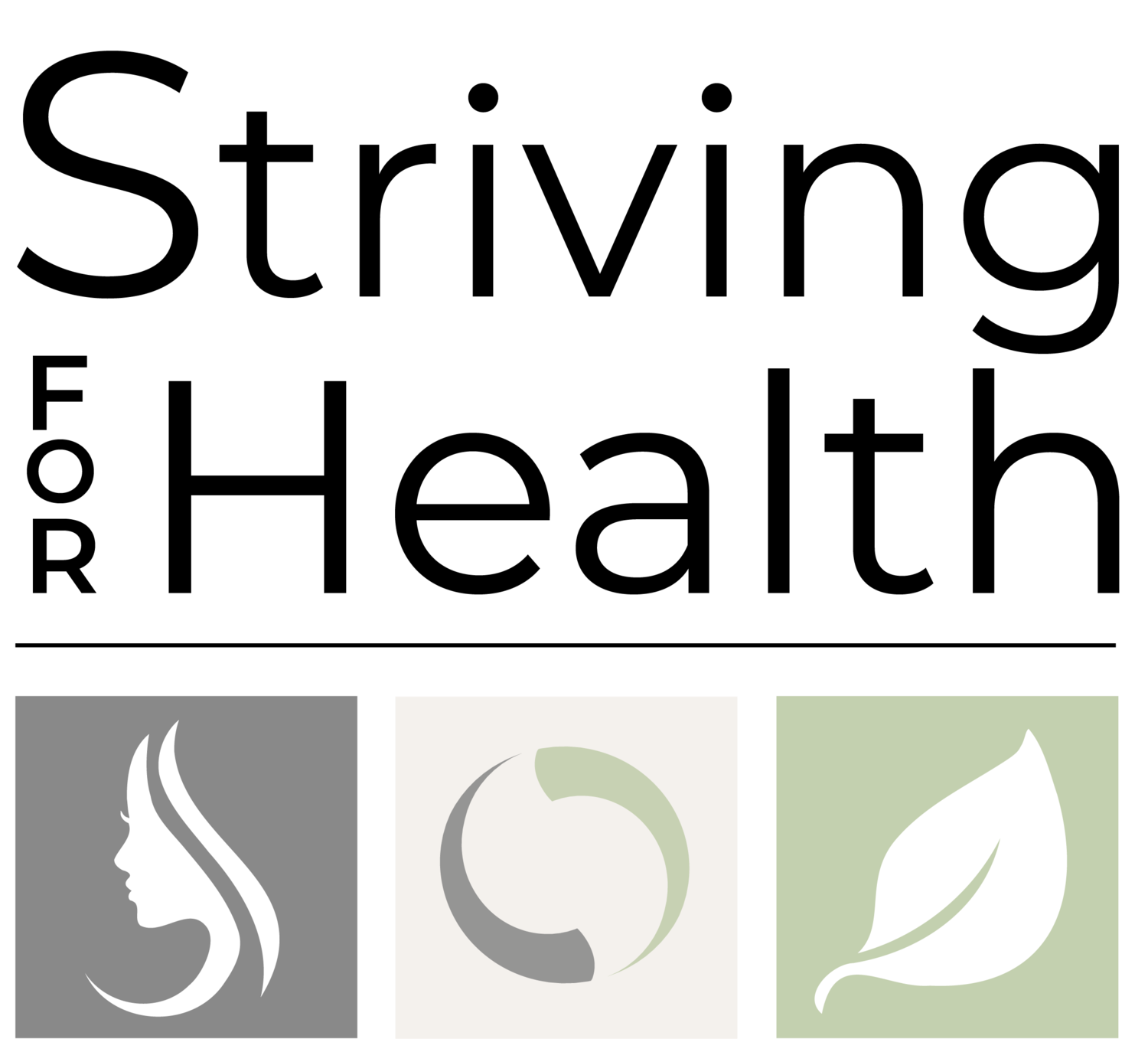Yep, it’s that time again…Spring allergies are almost here!
Springtime is just around the corner and that means seasonal allergies will be in full swing very soon. Yuck! But, you can take some precautions now, before the season starts, to get ready for it!
Spring is such a beautiful time of year in Northern Virginia and a great time to be outside. But for many people, it's an unwelcome time of year since they are forced to stay inside just so they can breathe.
Tree pollens are the most common springtime allergies, followed by grass pollens. Trees are the earliest pollen producers of the year, releasing their pollen as early as late February to early March. It's hard to believe but it's coming up quickly!
Tree pollens can be extra problematic since many are wind pollinated. Unfortunately, tree pollens can travel over large distances on the wind, exposing people to more varieties of tree pollens than what is in their immediate areas.
Some of the most common wind pollinated trees are pines, spruces, firs, aspens, cottonwoods, oaks, ashes, elms, birches, and walnuts. Yikes! These are everywhere in our area!
What can you do now to get ready for Spring?
Spring Allergy Hacks 101!
1. Increase Quercetin
Quercetin can be found in many delicious foods like green leafy veggies, broccoli, red onions, peppers, apples, grapes, black tea, red wine, etc (not a complete listing). You can also take a Quercetin supplement. If you go the supplement route, about 500 milligrams twice a day is recommended.
FYI: Quercetin decreases mast cell production, thus reducing histamine levels which will help with allergy symptoms.
2. Drink Stinging Nettle tea or cook with more Ginger
These are both natural antihistamines.
3. Decrease high histamine foods
During the springtime allergy season, embrace a low histamine diet to reduce your overall histamine load. You can find low histamine food lists online or pick one up when you are at the office. Some common high histamine foods are cheese, leftovers, vinegars, fermented items, chocolate, citrus fruits, tomatoes, smoked meats, etc.
4. Increase Vitamin C
Studies have shown that about 2,000 milligrams per day of vitamin C will reduce histamine levels.
5. Eat more pineapple!
Bromelain is an enzyme found in pineapple and papaya that can help with inflammation and swelling in the nose. A great addition to fighting allergies.
6. Include Turmeric and garlic
Cook with more turmeric and garlic. They are both tasty and good for you! These are both great anti-inflammatory options.
7. Include Spirulina
Make sure to include Spirulina in your smoothies or take it as a supplement. Spirulina has been proven to have anti-allergic properties and will help reduce allergy symptoms. It is also amazingly good for you, packed with vitamins and is high in protein to boot.
8. Boost your immune system
Get your immune system strong before spring! There are so many wonderful immune boosting herbs to choose from, but you can start by Increasing herbs like astragalus, elderberries, Schisandra berries or goji berries.
9. Decrease intake of dairy and sugar
During allergy season, decrease dairy and sugar as they are known to increase mucus production and decrease immune function. You don't want either working against you if you have allergies.
10. Have an oil diffuser?
Try peppermint, frankincense or eucalyptus essential oils diffused into the air to help with your symptoms. They can help get you breathing easier and with less mucus.
11. Treatments for allergies
If you are still having symptoms after trying all of the ideas above, give us a call and we can help you get rid of springtime allergy symptoms quickly with an AAT (Advanced Allergy Therapeutics) treatment or we can support your system through the season with acupuncture treatments and/or herbs.
Good luck this spring! Let us know if we can help!
DeBritt

